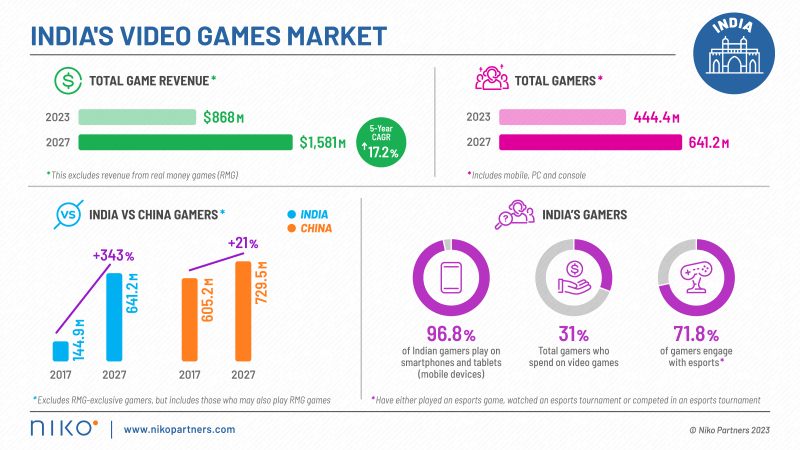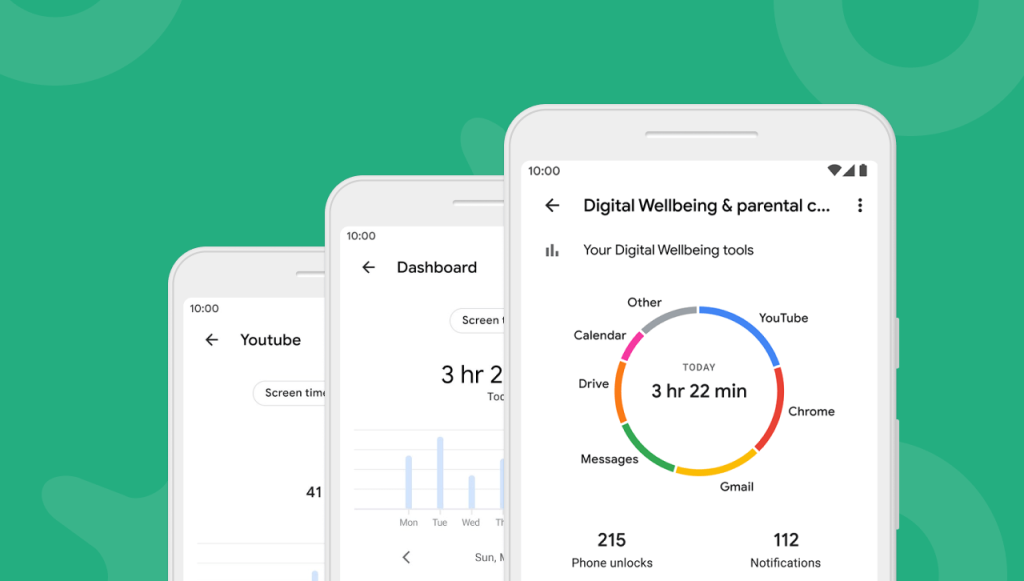In India’s rapid digitalization process, mobile games have become an indispensable part of entertainment. With the proliferation of smartphones, these virtual worlds that have found their way into everyone’s pockets also bring with them a potential risk: mobile gaming addiction in India. This situation has reached alarming proportions, especially among young people. It can cause significant problems both individually and socially. We will share with you the details of what game addiction means, who may be at risk, the symptoms of addiction, and how to get out of this cycle.
What Counts as Addiction?
So how often is gaming classified as addiction? This is a phenomenon that varies from person to person. Because it is not how long you play, but how much it affects your life. If it affects your social life, work and daily standards, then you may be at risk. Disrupting these routines because of games puts you in the risk class. Feeling restlessness, nervousness or emptiness when not playing is also one of the important indicators of addiction. Even the World Health Organization (WHO) has recognized “Gaming Disorder” as a mental health condition.

This addiction can cause the individual to neglect their daily responsibilities, disrupt their sleep patterns and stay away from physical activity. Most of the time, the person may not be aware of their mobile gaming addiction or may deny it. The warnings of family and friends are often ignored. This situation negatively affects not only the player but also the people around them, causing serious tensions in relationships.
Signs to Watch for Mobile Gaming Addiction
The symptoms of mobile game addiction usually progress insidiously and become apparent over gaming time limit. If a person lies or hides the time they play games, this is a serious alarm. Decreased school performance, absenteeism from work, abandoning hobbies and withdrawing from social circles are also common signs. In addition, constantly spending money to play games or experiencing financial difficulties should not be overlooked.
Physical symptoms are also important. Eye strain, headaches, sleep disorders, irregular eating habits and health problems caused by lack of physical activity can be a result of addiction. Emotionally, restlessness, irritability, anxiety or depression when not playing games reveal the psychological dimension of addiction. Noticing these signs is critical for early intervention.
Who Is Most at Risk?
The group most at risk for mobile game addiction in India is undoubtedly the youth and adolescents. Being in a developmental age and being more open to social media and peer pressure makes them more vulnerable to such addictions. Especially young people who have difficulties in their studies or social lives, who are lonely or looking for an escape from the real world can more easily take refuge in the virtual world of games.

However, the risk is not limited to young people. Adults can also turn to excessive gaming mobile as a way to cope with stress or to escape from the monotonous daily life. Unemployment, social isolation or chronic illnesses can also increase the risk of game addiction in adults. Although research shows that men are at a higher risk than women, people of all ages and genders can fall into the clutches of this addiction.
Tools & Limits for Mobile Gaming
One of the most accurate and effective ways to combat mobile game addiction is to set clear limits for yourself. Then, you should follow these limits closely. Fortunately, since many people now have smartphones, you can measure your app usage and set restrictions for yourself. If you really want help, you can give these app passwords to someone else so they have control. Apart from this, taking up a hobby and participating in social activities will help you a lot.
Setting certain hours for yourself, such as playing games for only one or two hours a day, can really help. Setting an alarm or asking a trusted friend for support so that you don’t exceed this gaming time limit are also effective methods. Digital health apps are also great supporters in this regard; these apps can restrict certain apps, mute notifications, or track your screen time in detail. The important thing is to use these tools consciously and be honest with yourself.
Parental Controls
We parents really have a big role to play in protecting our children and teens from mobile gaming addiction in India. Fortunately, most smartphones and tablets have robust parental control features that allow you to limit how much time your children spend playing games and what they can see. Apps like Google Family Link or Apple Screen Time clearly measure how much each app is used. They provide you with reliable statistics. Moreover, some digital welness apps allow you to set time limits for certain apps or make them completely inaccessible.

However, this is not just about technical limitations. It is very important for parents to talk openly with their children, have honest conversations about their gaming mobile habits, and encourage them to engage in activities other than gaming. Directing children to areas that are in line with their interests, such as sports or art, also helps them form healthy friendships. Let’s not forget that we parents should also set a good example in our digital habits; because children always look at their elders.
Staying Safe While Playing
Staying safe while playing mobile games is not just about staying away from addiction, but also about taking care of our overall digital health. Spending too much time playing can strain our eyes, disrupt our posture, and disrupt our sleep patterns. Therefore, it is vital to take regular breaks, rest our eyes, and do some stretching. Also, make sure to drink enough water and eat healthy snacks while playing. Responsible gamgling and gaming it’s very important for your life.
Let’s never ignore social security. Especially in online, multiplayer games, avoid sharing your personal information with people you don’t know. If you encounter unpleasant situations such as cyberbullying or harassment, the first thing you should do is to inform your parents. Don’t try to solve it yourself or get involved in more. The most important thing to remember is that games are for entertainment purposes only. You should not let them control your life.













